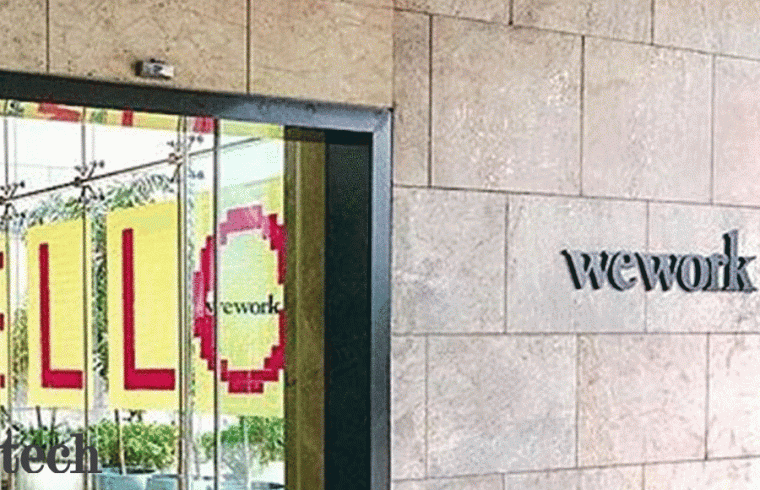
New York-based co-working startup WeWork, under its new CEO Sandeep Mathrani, expects to turn profitable globally by 2021 end. The company had right-sized the organisation, reduced cash burn, sold the non-core business and offloaded real estate to trim costs, said Mathrani, who joined the company in February.
“We have sold non core businesses that were bleeding. Our priority is to focus on selling membership and profitability of the company. We are streamlining real estate business and expects to be EBITDA positive by end of 2021,†said Mahtrani.
The firm expects the Covid-19 pandemic to accelerate the demand for flexible workspace and take the occupancy to around 65% globally by 2021, helping to break even. “We are making the operations more efficient and has seen occupancy between June-September equal to the March level,†said Mahtrani.
In August, the troubled WeWork has raised $ 1.1 billion in debt financing from SoftBank. “We have a strong balance sheet with a lot of liquidity. We have over $ 3 bn liquidity and even if we burn $ 1 bn there is enough cash,†he said.
The co-working firm, which until last year saw a $ 47 billion valuation and was heading for an IPO, has seen valuations plummet and is now subject to the global outbreak of the coronavirus pandemic.
The Indian affiliate of the We Company is also following a similar strategy and adapting them to meet the flexible workplace demand led by large enterprise clients as well as planning to turn profitable despite the disruption caused by the pandemic.
“We will go slow on expansion and focus on enterprise based growth over the next 3-4 years. We had restructured real estate portfolio and had reduced cost by around Rs 250 crore,†said Karan Virwnai, CEO of WeWork India.
In September, US-based office space provider WeWork Global bought 25 per cent stake in WeWork India, a fully-owned subsidiary of Bengaluru-based estate developer Embassy Group, for $ 100 million as the company looks to scale up India operations over the next 36 months. “India is a small part of global operations right now but will continue to rise and the growth priority is to boost India business,†said Mathrani.
WeWork has seen business return to normalcy across China and South Korea, while countries like France, Germany and Italy have seen around 70-80% occupancy post opening up of the economy.
On being asked about a buyout of the Indian arm Mathrani said, “The parent company has the right to buy the stake in the Indian arm through the first right of refusal. We have the right to get the franchise in the WeWork global IPO.â€
WeWork entered into a partnership with Embassy Group in 2017 and started operations in the Indian market. WeWork India, which had earlier planned to increase the number of desks to 90,000 by the end of 2020, said the focus is now on profitability rather than growing in the number of seats.
In recent months, the company has signed 12,000 desks with large enterprise clients like Netflix India, Commonwealth Bank of Australia and John Deere.
WeWork India has over 45,000 desks in 34 locations across six markets in the country, including Bengaluru, Gurgaon and Mumbai.







